China does not want Donald Trump to come back
Commentator Jin Jian Guo notes that among those running to be the next US president, former President Donald Trump is China's least favoured to enter the White House, as he is likely to bring back the harsh measures he imposed against China during his previous term.
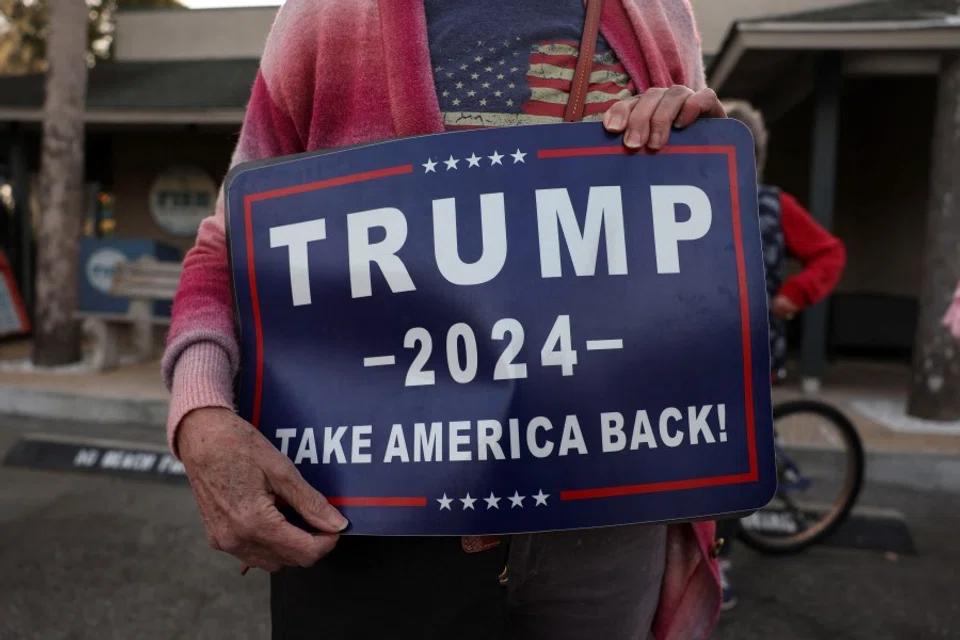
Former US President Donald Trump may return to office. An article on Politico dated 3 January said that Trump currently has support from over 60% of Republican primary voters and could become the Republican's 2024 presidential candidate. Meanwhile, Biden is likely to secure the Democratic nomination.
Trump has more support than Biden, and there is a possibility of a rematch between Trump and Biden in the 2024 US elections, with the former standing a chance at returning to the White House.
Biden administration downplayed balloon incident
Among the possible candidates running for US presidency in 2024, Trump is China's least favoured. Compared with Trump, Biden has made positive contributions to China-US relations, most significantly in his continuous efforts to prevent military conflicts between China and the US - the best example is the balloon incident. According to an NBC report at the end of last year citing former and current US officials, Biden administration officials had intended to conceal information about a Chinese balloon appearing in US airspace in early 2023 from the public and Congress.
The report said that Biden administration officials privately complained that the political outcry over the balloon was wildly disproportionate to any threat it posed to US national security. In their view, because China was so angered and humiliated, the damage done to the relationship between Washington and Beijing was a far graver threat to the US than the balloon itself. The Biden administration downplayed the balloon incident, steering China-US relations in a more positive direction. After months of effort, the Biden team finally facilitated a meeting between Chinese President Xi Jinping and Biden.
If Trump returns to office, he will not allow the agreements that China has neglected to lapse. On the contrary, he will surely settle accounts on issues old and new.
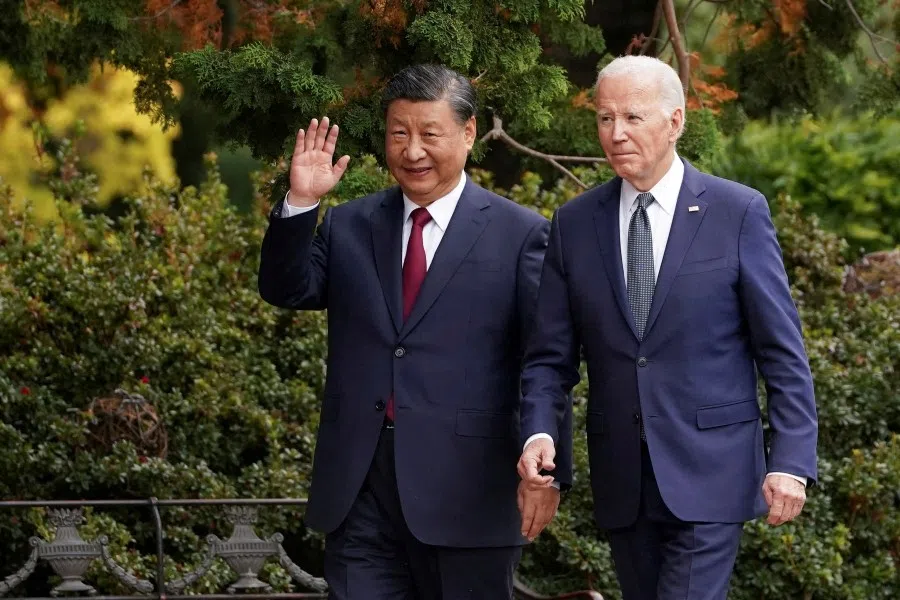
Trump's attitude towards China is entirely different. He had initiated the US-China trade war, and it was his administration that awakened the US to rethink China and change the entire nation's perception of it. Both political parties in the US, and the majority of American folks, consider China as the biggest threat to the US. The phase one trade deal between the Trump administration and China was seen by the latter as a temporary truce. But after Trump left office, China tossed the signed agreement into the Pacific. With the confidence of "a rising East and a declining West", China did not take the agreement seriously at all.
If Trump returns to office, he will not allow the agreements that China has neglected to lapse. On the contrary, he will surely settle accounts on issues old and new. The architect of the US-China trade war, former US trade representative Robert Lighthizer, remains Trump's staunch ally. In the three years since leaving office, Lighthizer has consistently criticised China's trade policies. For instance, in a January 2021 interview with The Wall Street Journal, he urged President-elect Biden to maintain all tariffs on China - and the Biden administration indeed did just that.
Former Vice-President Mike Pence, Florida governor Ron DeSantis and former South Carolina governor Nikki Haley - all of whom are Republicans - have expressed their intention to push Congress to revoke China's PNTR status.
Trump's tough talk on China
One can foresee that the Trump-Lighthizer combination will surely take drastic action when it comes to US-China trade relations. Even before being elected as the next US president, Trump has already outlined his trade agenda for 2025. According to a New York Times report on 26 December last year, Trump said that he would "enact aggressive new restrictions on Chinese ownership" of a broad range of assets in the US, bar Americans from investing in China and phase in a complete ban on imports of key categories of Chinese-made goods such as electronics, steel and pharmaceuticals.
In line with Trump's pressure on US-China economic and trade relations is a report released by a US House Select Committee on 12 December, which can be said to be the most detailed and comprehensive congressional exposition on US-China economic and trade relations to date. The 53-page report covers nearly 150 legislative policy recommendations, fundamentally aiming to reset US-China economic and trade relations in service of American economic and security interests, while its content serves as a roadmap for the US to formulate its economic and trade policy towards China.
While many of the policy recommendations in the report are unlikely to adopted by Congress, it proposes the cancellation of China's Permanent Normal Trade Relations (PNTR) status, equivalent to most-favoured-nation (MFN) treatment. This is in line with Trump's current proposals. In interviews, Lighthizer has actively defended Trump's protectionist policies; in his book No Trade Is Free, published in June last year, he calls China a "lethal adversary" and suggested revoking China's PNTR status. Former Vice-President Mike Pence, Florida governor Ron DeSantis and former South Carolina governor Nikki Haley - all of whom are Republicans - have expressed their intention to push Congress to revoke China's PNTR status.
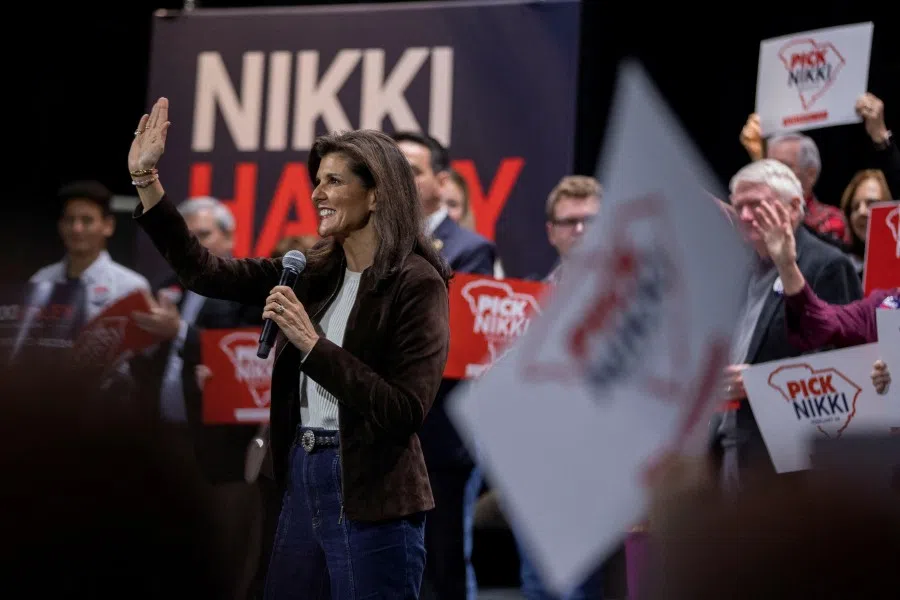
The US's revocation of China's PNTR status would spell a complete reset of US-China economic and trade relations, which is fundamentally different from the Biden administration's stated approach of de-risking and avoiding decoupling. The export controls and investment restrictions imposed by the Biden administration on China are primarily focused on high-tech sectors, while revoking China's MFN status would essentially roll back US-China economic and trade relations by 40 years. This would wipe out the positive significance of China's accession to the World Trade Organization.
A study commissioned by the US-China Business Council and conducted by Oxford Economics indicates that revoking China's PNTR status would significantly disrupt the US economy, with the increase in tariffs leading to a loss of US$1.6 trillion and 744,000 jobs over five years.
The research by Oxford Economics does not quantify the costs and benefits of security factors. The US is engaging in a comprehensive strategic competition with China, and the US will learn from China the importance of prioritising security over economic interests - isn't the global supply chain reset driven by security factors?
Chris Miller, author of The Chip War, urges in The New York Times that, facing a revanchist Russia and adversarial China, the US needs to bring back extensive export controls, or else its tools will continue to be used to build its opponents' militaries. It follows that US export restrictions on China will most likely extend beyond high-tech products and affect everyday products.
China seriously misjudged Trump
When Trump took office in 2017, China severely underestimated what he was capable of. International affairs expert Jin Canrong - who claimed that Aristotle did not exist - portrayed Trump as a businessman. Whether such experts influenced top-level decisions in China remains unknown; however, while it was evident that Trump was treated like an emperor during his visit to China, his resolve against China remained unchanged.
According to The Wall Street Journal on 4 January, public documents and internal financial records obtained by Democrats on the House Oversight Committee show that the Chinese government and government-linked entities spent more than US$5.5 million with Trump's companies. The Chinese state-owned Industrial and Commercial Bank of China most likely paid more than US$5 million in lease expenses at Trump properties while Trump was in office.
The fundamental reason for China's misjudgment of Trump is its unwillingness to find answers to the conflicts arising from the differences in the Chinese and American economic system...
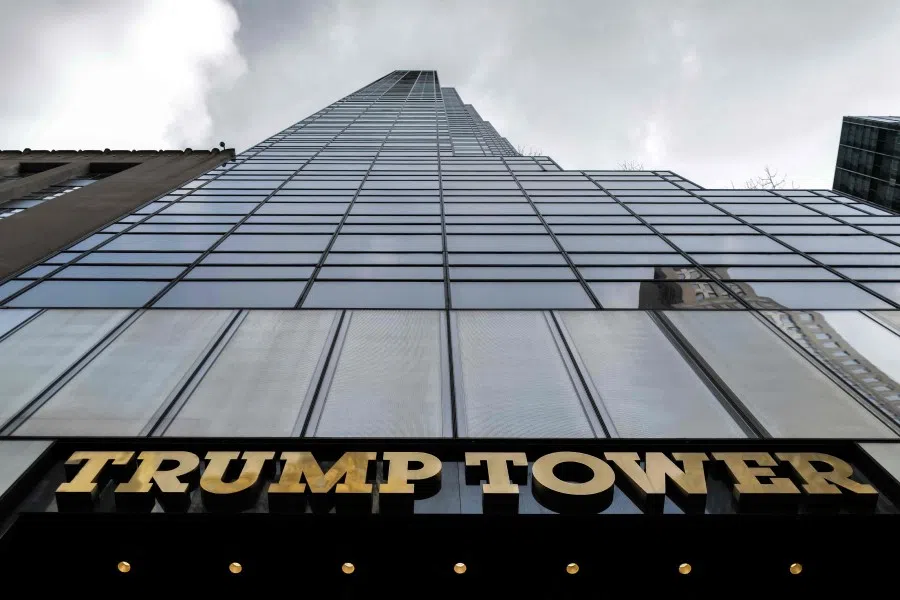
We cannot be sure if China's spending with Trump's companies were normal business transactions, or emotional investment in Trump. But we can be certain that Trump, who is Christian, is not a high-ranking official in Russia.
Corruption and bribery is rampant among Russia's senior officials, who lack personal beliefs and moral constraints. China's policymakers may have likened Trump to a senior Russian official, and naturally sought to entice him with material benefits. However, Trump's unconventional approach left Chinese policymakers perplexed.
The fundamental reason for China's misjudgment of Trump is its unwillingness to find answers to the conflicts arising from the differences in the Chinese and American economic systems, and so this conflict of differences will persist until the new US government emerges in 2025.
... resetting China-US economic and trade relations would completely overturn China's external economic environment, a plight that cannot be overcome by China's internal economic cycle.
China hopes Trump loses because economic and trade relations are the only channel through which China can obtain tangible benefits from the US. While the alliance strategy implemented by the Biden administration posed a great challenge to China, it has not resulted in substantial damage to its interests. However, resetting China-US economic and trade relations would completely overturn China's external economic environment, a plight that cannot be overcome by China's internal economic cycle.
The significance of this article is not limited to Trump; it can be broadly applied to the consequences of the Republican Party coming to power, and even to the Democratic Party. On 5 January, news website Axios reported that increasing tariffs on Chinese goods would be part of Biden's re-election plan, as he hopes to put his stamp on the tariff issue to make the case that his trade policy towards China is smarter and more strategic than Trump's.
This is the consequence of the strategic competition between China and the US, and the inevitable result of the ideological and institutional conflicts between them.
This article was first published in Lianhe Zaobao as "中国最不希望特朗普再次执政".
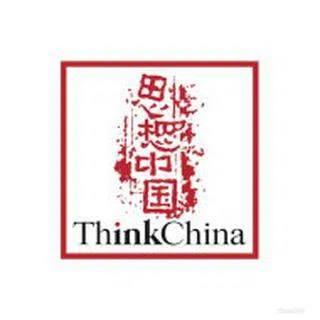


![[Video] George Yeo: America’s deep pain — and why China won’t colonise](https://cassette.sphdigital.com.sg/image/thinkchina/15083e45d96c12390bdea6af2daf19fd9fcd875aa44a0f92796f34e3dad561cc)
![[Big read] When the Arctic opens, what happens to Singapore?](https://cassette.sphdigital.com.sg/image/thinkchina/da65edebca34645c711c55e83e9877109b3c53847ebb1305573974651df1d13a)
